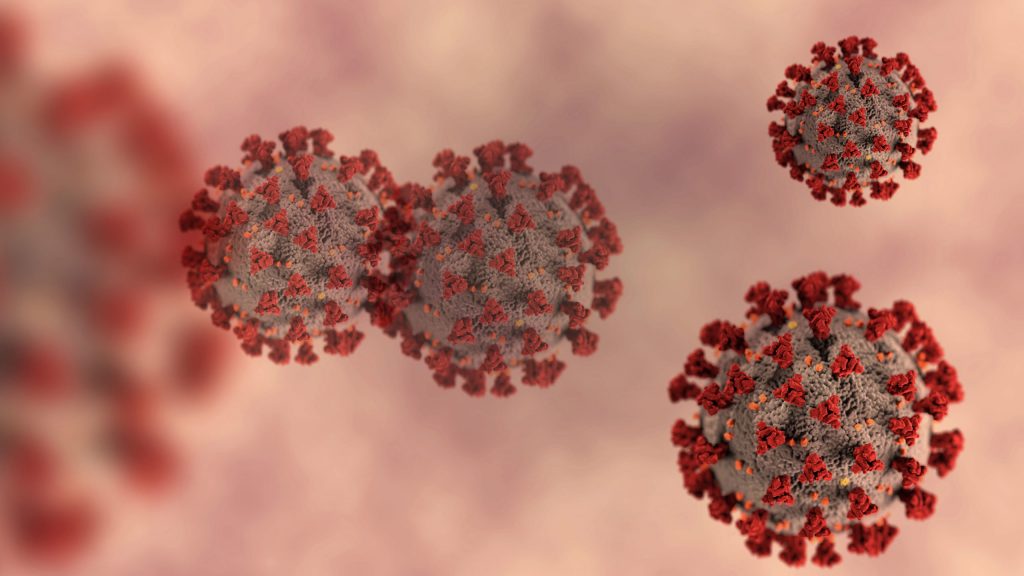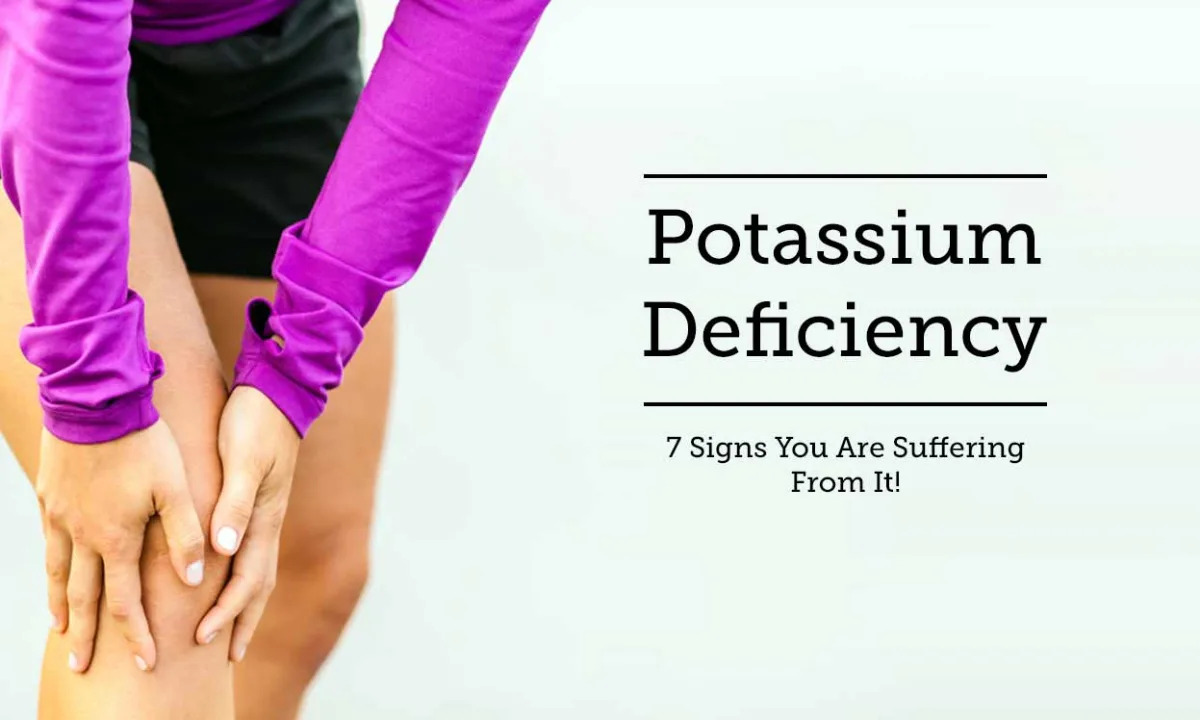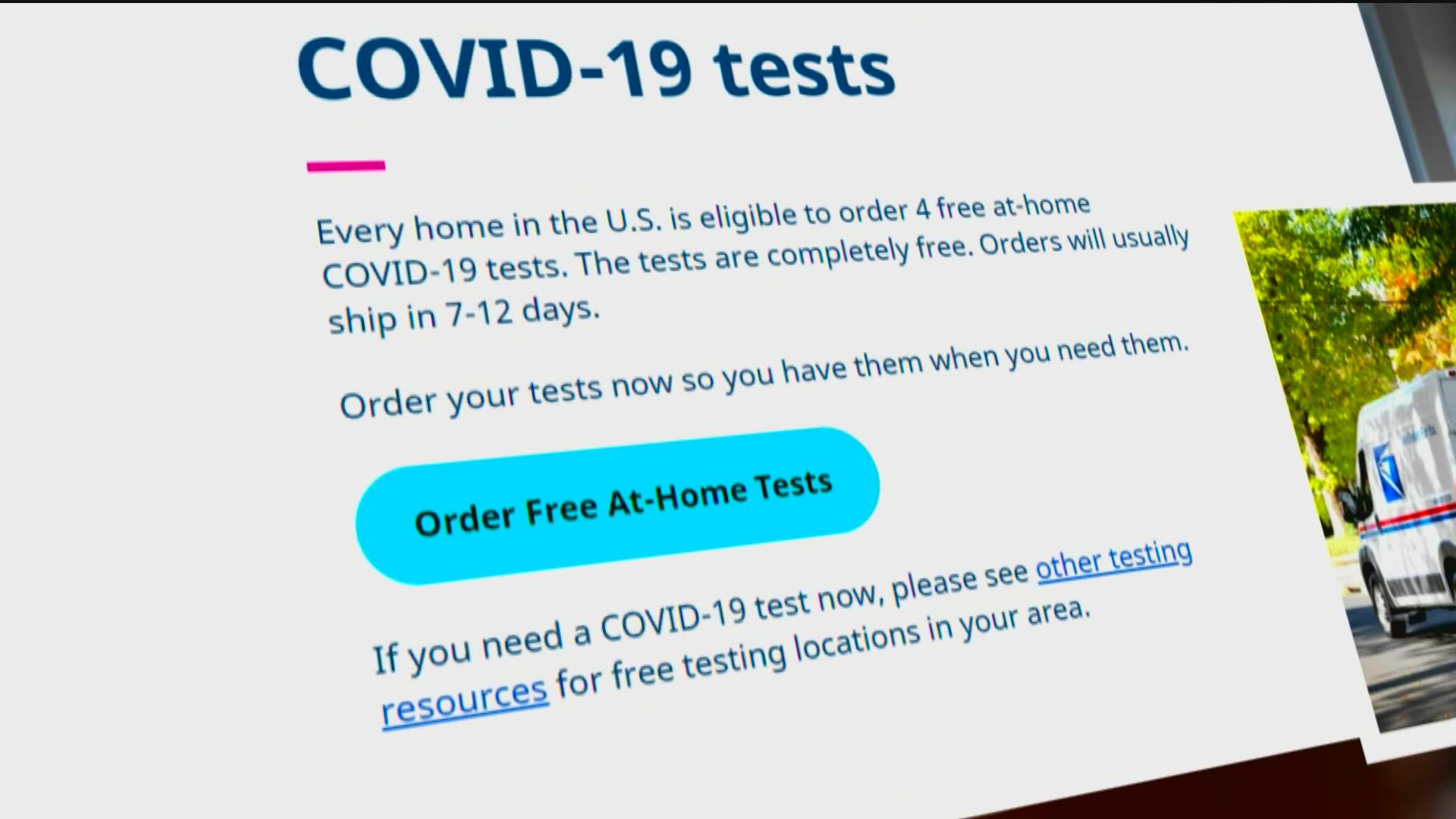Long Covid Symptoms List – Not just COVID, but the aftermath of COVID-19 is also not going to be very easy for people forever infected with the virus. The World Health Organization has already warned everyone that there is a concept called long COVID, and it can have similar symptoms to general COVID-19 infection.
These symptoms are going to stay in your system for a longer period, and they can affect your day-to-day activities also. The Centers for Disease Control and Prevention of the United States have already recognized the long COVID concept, and health experts have started seeing cases of the same.
Most health experts in the world believe that people are going to experience COVID-like symptoms for a longer period. It could be months over years till you make a full recovery. These symptoms are going to be pretty much similar to the general infection of COVID-19.
Even though the chances of getting long COVID are higher for everyone who was ever infected with COVID-19, people who are already struggling with any chronic disease are at a much higher risk of developing it. To ensure your safety, we have collected a long forward symptoms list.

Long Covid Symptoms List
The Centers for Disease Control and Prevention, which is among the most important health administrations of the United States, have already recognized long COVID, and they have also listed a few symptoms related to long.
Before you take any action based on the list of long COVID symptoms given below, you should consult with your doctor. You can have a wide range of symptoms that can go away and come back in small intervals.
- Tiredness or fatigue that interferes with daily life
- Symptoms that get worse after a physical or mental effort
- Fever
- Difficulty breathing or shortness of breath
- Cough
- Chest pain
- Fast-beating or pounding heart
- Difficulty thinking or concentrating
- Headache
- Sleep problems
- Lightheadedness
- Pins-and-needles feelings
- Change in smell or taste
- Depression or anxiety
- Diarrhea
- Stomach pain
- Joint or muscle pain
- Rash
- Changes in menstrual cycles
# Hair Loss, Impotence Join List of Long COVID Symptoms
The World Health Organization and the Centers for Disease Control and Prevention believe that these long COVID symptoms can be very challenging and tricky at the same time.
Both organizations have further mentioned that these conditions or symptoms are not going to affect everyone in the same manner. There is a probability that you might experience severe intensity while other people might not even feel it at all.
British researchers report that people with long-term COVID are experiencing a wider set of symptoms than previously thought, including hair loss and sexual dysfunction. An analysis of electronic health records for 2.4 million UK residents found that 12 weeks after their first infection, COVID patients reported 62 different symptoms more often than those without the virus. Looking only at out-of-hospital patients, the researchers identified three distinct categories of symptoms reported by people with persistent health problems after infection. Symptom patterns can be primarily grouped as respiratory or cerebral symptoms, with the third category representing a wider range of health problems, including hair loss and erectile dysfunction.
Who is at high risk of developing Long COVID Symptoms?
The Centers for Disease Control and Prevention believe there is a special category of people who might develop long COVID symptoms at rapid speed, and they are also among the most vulnerable.
As per the CDC, people who are already experiencing any severe illness, hospitalization, or are under treatment for chronic illness are more vulnerable to developing long COVID symptoms.
At the same time, people who get severely ill due to COVID infection for the first time are also more likely to develop long cover symptoms, and they should take good care of themselves.
The Centers for Disease Control and Prevention have also clearly mentioned that people who did not get a COVID vaccine are also at severe risk of developing long COVID symptoms. If you are not vaccinated, then you should go and create an appointment to vaccinate yourself.
Treatment options for long COVID symptoms
As you can see in the above-given list, long COVID symptoms can have a long list of diseases from different systems.
Because of that, there is no fixed treatment for long COVID symptoms. Usually, people do not require any treatment for long COVID symptoms, but sometimes conditions can go out of hand.
Doctors have specific guidelines from the Center for Disease Control and Prevention to treat people who are suffering from long covid symptoms. Your doctor will follow those specific guidelines and only treat the symptoms you are having.
Prevent Long COVID Symptoms
Your doctor might also suggest a few things to prevent long COVID symptoms when you first get diagnosed with COVID-19 and make a full recovery.
The best way to prevent long COVID and long COVID symptoms is to get vaccinated. Yes, indeed, the COVID vaccine can also help you prevent long COVID symptoms.
The Centers for Disease Control and Prevention believe it is the best way to prevent post-COVID conditions. If you are eligible, you should get vaccinated and stay up to date.
As per the rules and regulations of the health department, you are considered up to date if you have already received the primary doses of the COVID vaccine along with eligible booster shots.
At the same time, you should avoid consuming alcoholic beverages or smoking for a couple of months once you have successfully made a recovery.
Having a good diet and exercise routine can also lower the chances of getting long cold symptoms.
What is CDC doing for Long COVID Symptoms?
The Centers for Disease Control and Prevention is doing everything in their hand to better identify the most frequent symptoms and diagnosis of long COVID.
Apart from that, they are doing everything to better understand how many people are affected by post-COVID conditions in the United States. At the same time, they are also trying to assess the risk factors and identify the groups at higher risk of developing long COVID.
The Centers for Disease Control and prevention also must understand how post conditions can limit or restrict the day-to-day life of a person. It is also very important to understand the downfall in the productivity of a person due to post-COVID conditions.









